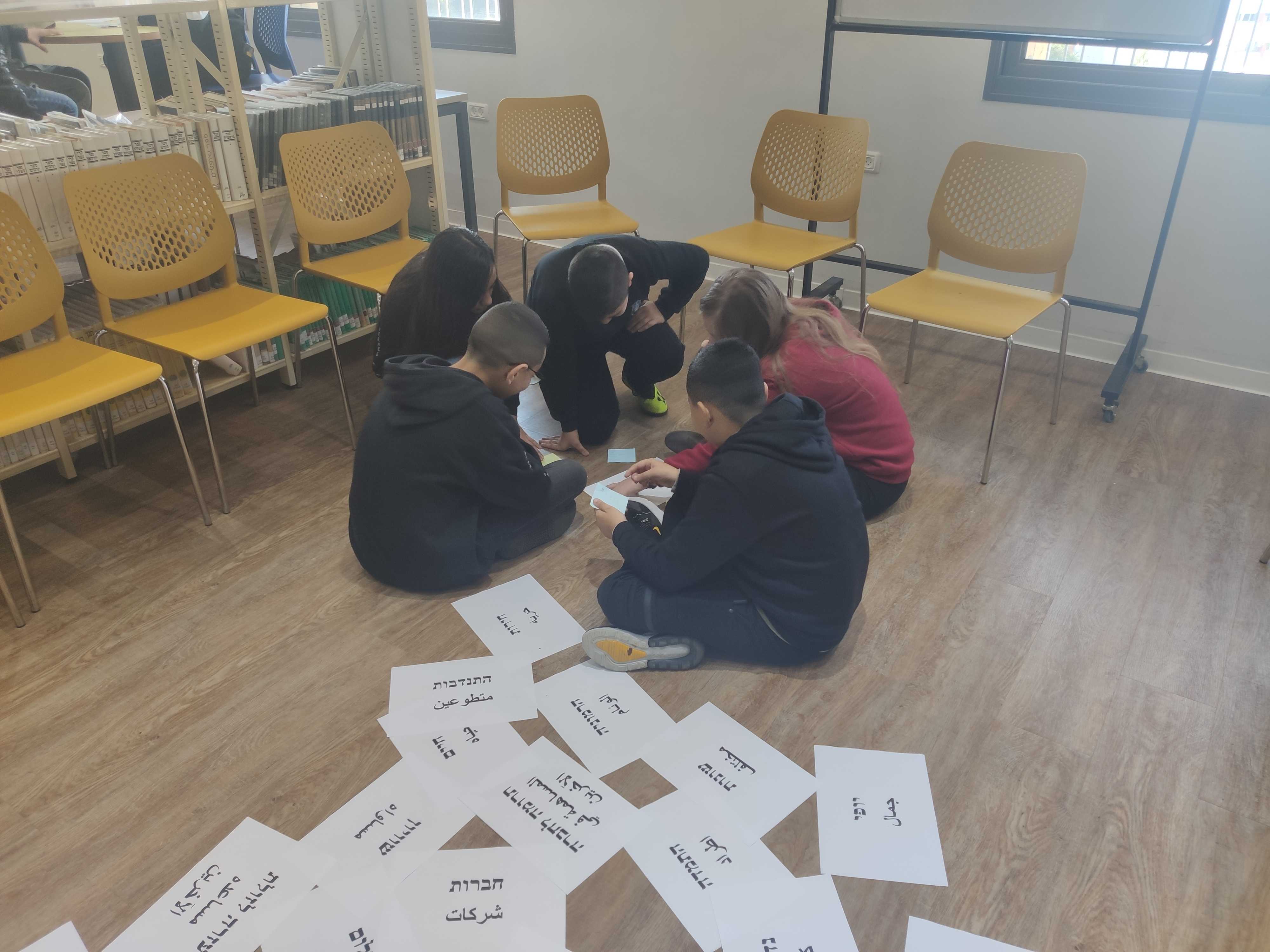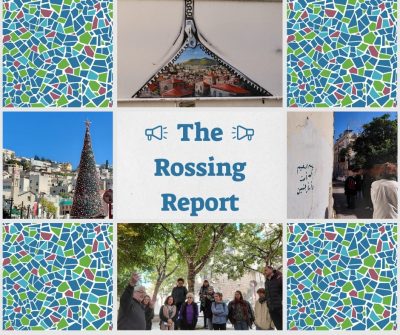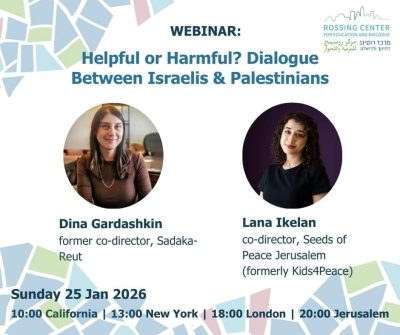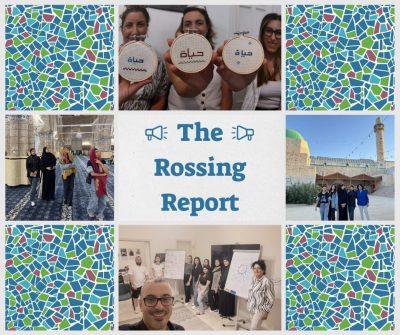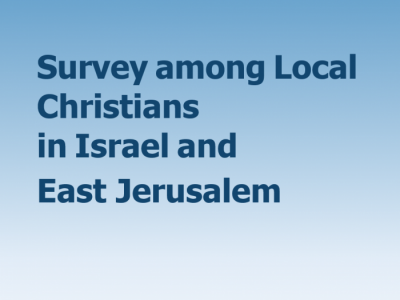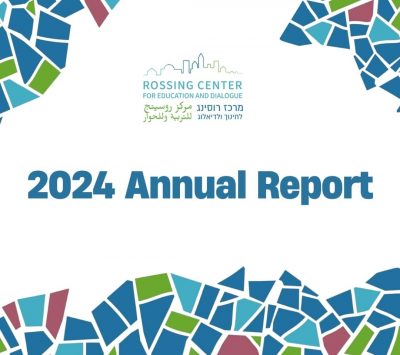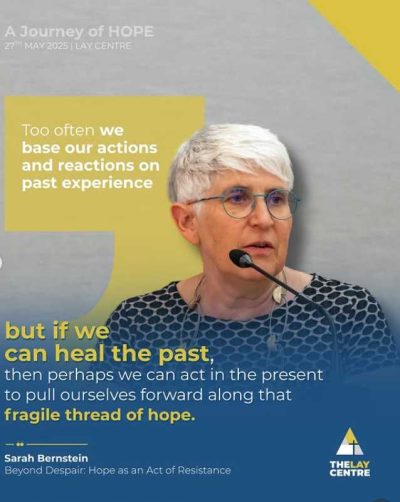A New Year brings Old and New Challenges?
| To the report click HERE. Dear Friends, At the beginning of the school year, both parents and children are eager to find out who their homeroom teacher will be, particularly in grade school. This year, one appointment reached the national news when parents in a school in Herzliya Pituach, objected strongly to the appointment of a Muslim teacher as their children’s 2nd grade homeroom educator. The parents said that they do not believe that the Palestinian-Israeli teacher can adequately educate their children with Jewish values. How can a Muslim teacher, a Palestinian, teach the Jewish holidays and national memorial days, they ask? This raises many questions about the role of schools and the degree to which the lines and borders in the Israeli school system can and should be crossed: what is the role of teachers in moulding children’s identity? Is the role of the school to educate students with religious and nationalist values? Do parents have the right to expect that their children will only be exposed to teachers who match their own identity? When school principals interview prospective teachers, should they be checking their Zionist credentials and ideological stances before employing them? Is there a range of “acceptable” political opinions and anyone outside the fold cannot educate our children? Will exposure to different points of view will threaten our children’s identity? In Israel, it is widely accepted that religious and ultra-Orthodox schools only employ teachers who meet the religious expectations of the community they serve. Thus, whereas it is commonplace to find Orthodox teachers in secular schools, it is unusual to find secular teachers in Orthodox schools and very rare for secular teachers to teach in the Ultra-Orthodox world. It is therefore, in some ways, only a natural extension of this for secular parents in Herzliya Pituach to draw the line at a Palestinian Muslim teacher as the homeroom educator for their children. But perhaps the whole system needs rethinking. Our segregated education system upholds and perpetuates the inequality and separation that pervades Israeli society at its very core. Highlighting the ethnic and religious identity of the educator, rather than her ability to carry out her professional responsibilities, is deeply problematic. One can only imagine the outrage if parents in Europe objected to a Jewish or Muslim homeroom teacher. These questions concerning the role of education in Israel is even more important if we wish to resolve the conflicts between the various groups who live in the land, whether that be between Israeli and Palestinian, religious and secular, and left and right. The premise that students are so vulnerable to the identities and ‘otherness’ of people who are different to them results in a very narrow form of education. Instead of viewing the other people around us, including their culture, religion, language and way of life as a threat to us, we can use our diverse environment as an asset for education. Students can benefit from learning and interacting with unfamiliar perspectives and individuals. Therefore, perhaps we need to do precisely the opposite to what the Herzliya parents are demanding. We should bring more teachers of different religious, ethnic, national identities into all our schools – more Jewish teachers in Arab schools, more Arab teachers in Jewish schools, more secular teachers in religious schools. Obviously, there must be ground rules – and teachers cannot be allowed to unduly influence their students. Teacher training must include classes in educating in a multi-cultural society. But the lines that are drawn must be about the professional conduct of teachers – not about who they are. Similarly, school pupils must be given maximum opportunity to interact and mix with other school pupils who come from different backgrounds. For this reason, the Rossing Center believes in bringing Israeli, Palestinian, Christian, Muslim and Jewish students together to learn about and get to know each other. This year around 1200 children from around 40 schools will be participating in our Dialogue and Identity program. Our philosophy holds that encountering the ‘other’ helps develop a stronger identity – but one that is open to and accepting of other identities. Moreover, the Rossing Center runs another program to help high school teachers deal with our complex reality. Educating for Change offers teachers a training course in conducting conflict-related discussions, giving teachers practical tools for managing and facilitating discussions in the classroom. Both programs, Dialogue and Identity and Educating for Change, are more important than ever after the intense period of violence within Israel in May 2021. We refuse to accept the narrative that all inhabitants in the Holy Land are destined to live in conflict and violence. Working within the education system we encourage diversity, respect, understanding and equality. We hope that next time a Palestinian-Israeli educator is appointed in a Jewish-Israeli school, it will be viewed as a positive rather than a negative, that schools will begin to brag about the diversity of their teaching staff, just as we are proud of the diversity of our staff team. We may not always agree with each other, but the dialogue and sharing of different perspectives strengthens us all. We also begin the new academic year with a new website – take a look by clicking the link below – and we’d be delighted to receive feedback! May all the children in Israel have a healthy school year – and one that brings them into contact not with the Corona virus, but with many different people with different views – and may we educate them to embrace diversity rather than fear it. At the same time, we take the opportunity to wish everyone celebrating Rosh HaShana a Happy New Year (Shana Tova)! Dr. Sarah Bernstein Director |

